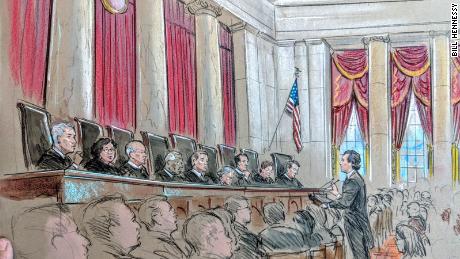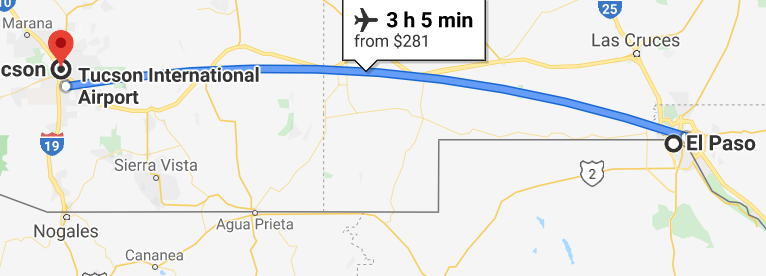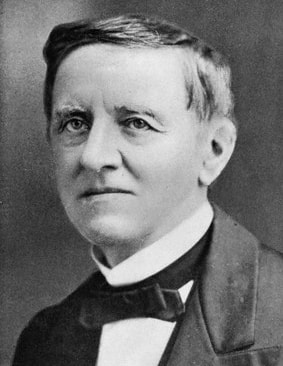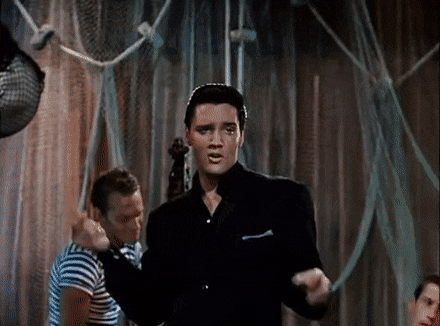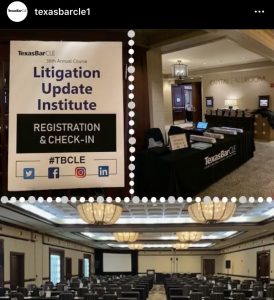 A gentle spring breeze can be refreshing, but not when it involves “reversibly … breezy” analysis of class certification. For a putative 90,000-member class action about certain ERISA plans, the Fifth Circuit found the district court’s review lacking as to two parts of Fed. R. Civ. P. 23:
A gentle spring breeze can be refreshing, but not when it involves “reversibly … breezy” analysis of class certification. For a putative 90,000-member class action about certain ERISA plans, the Fifth Circuit found the district court’s review lacking as to two parts of Fed. R. Civ. P. 23:
- Commonality. “Nor does the court explain why clarifying [Defendant’s] status as a fiduciary will in one stroke resolve an issue that is central to the claims of each one of the class members. Most noticeably, the order neglects to consider asserted differences among class members that could prevent the suit from generating “common answers apt to drive the resolution of the litigation.” (footnotes omitted);
- Class Type. The court notes that, just as in Ortiz [v. Fibreboard Corp.], the
plaintiffs’ case relates to one of the historical models—namely, an action against a fiduciary seeking an accounting to restore the subject of the trust (in this case, benefits plans). But, parting ways with Ortiz, the court’s analysis begins and ends there. It fails to examine the facts of this specific class to ensure that it qualifies.” (citation omitted).
Chavez v. Plan Benefit Services, No. 19-50904 (April 29, 2020). Cf. Seeligson v. Devon Energy, No. 20-90011 (May 15, 2020) (unpublished) (“In short, the district court complied with this Court’s instructions on remand and reconsidered its findings on both commonality and predominance. Particularly given the fact that we have already addressed this class certification once, we are not inclined to postpone consideration of the merits any further. DEPCO’s petition for permission to file a Rule 23(f) appeal is denied.”).







